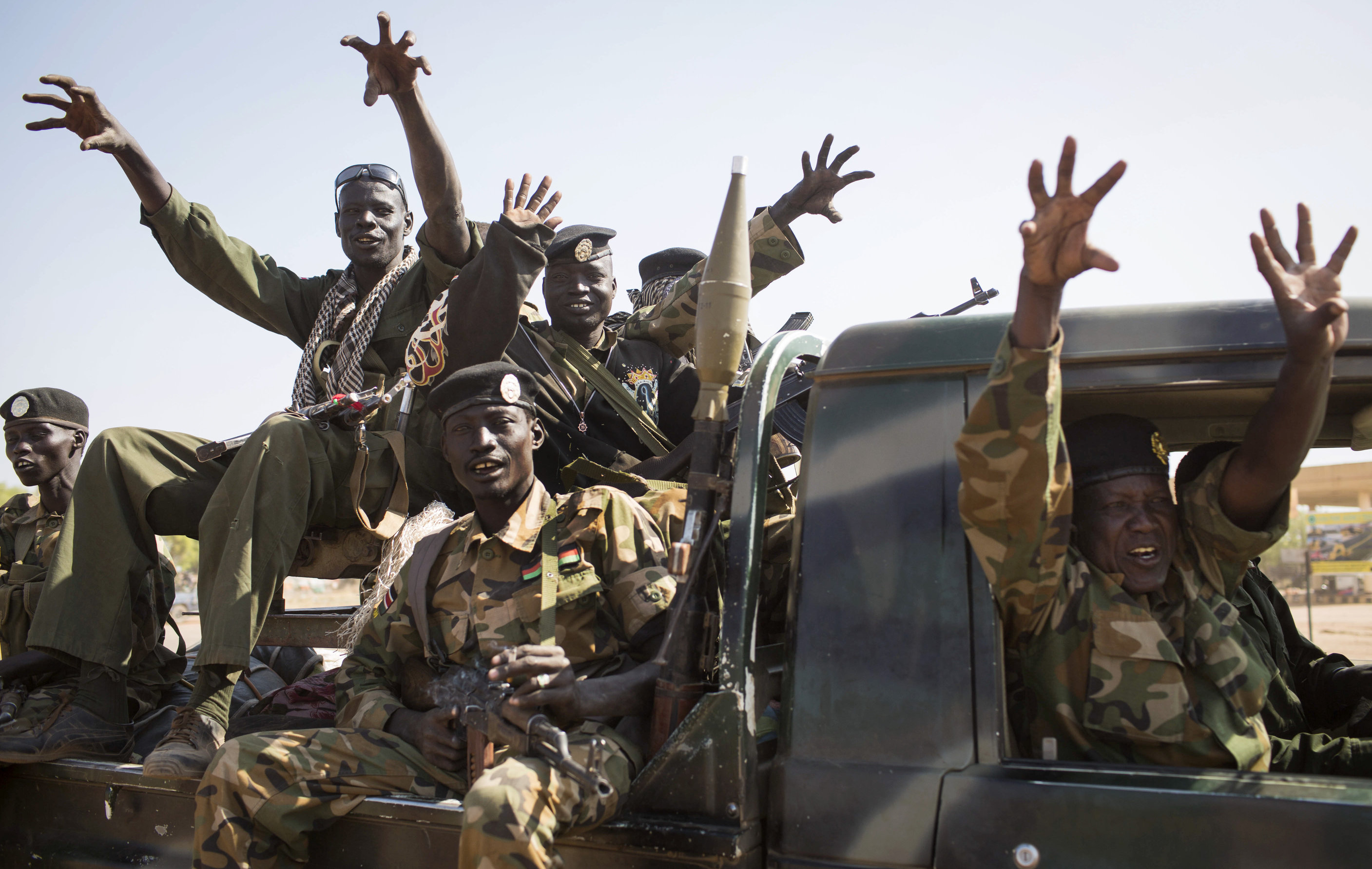
Editor's Note: This op-ed co-authored by John Prendergast and Akshaya Kumar originally appeared on The Daily Beast.
The government and the armed opposition have signed a ceasefire, in a hopeful step after weeks of bloody fighting.
After holding their people hostage in a truly Machiavellian power struggle that has dragged on for weeks, South Sudan's leaders have finally taken a step towards peace. On Thursday, delegates representing the government signed a cessation of hostilities agreement with the armed opposition.
The agreement, which comes into effect today, promises that both sides' combatant forces will stop all military activities aimed at one another and freeze their forces in the places they are in. South Sudan's government has been engaged in a territorial struggle against an armed rebellion for weeks. If respected, the new commitment to a cessation of hostilities should end that and bring a degree of calm back to the embattled country.
While a significant milestone, this commitment is not the end of the peace process for South Sudan. In fact, it is just the beginning.
In the six weeks since fighting broke out in South Sudan's capital city, almost half a million people have fled their homes in fear, thousands have died and countless reports of human rights abuses and war crimes have emerged. Our Satellite Sentinel Project has secured imagery showing hundreds of burned homes and razed villages across the country. In one town, we were able to count over three thousand destroyed structures.
South Sudanese will have to confront these abuses, combat impunity and broker reconciliation between increasingly divided constituencies. This can only happen through an inclusive and broadly consultative national dialogue process complemented by an internationally backed human rights documentation effort.
At its heart, the events of the past six weeks are the product of a long-simmering contest for control of the country's ruling party, the Sudan People Liberation Movement, or SPLM. Despite fledgling efforts to professionalize the national army, build the capacity of government institutions and empower dissenting voices, the SPLM still has the last word on most things in South Sudan.
Read the full op-ed on The Daily Beast.
Photo: South Sudanese government forces after recent victory in Bentiu, in Unity State, South Sudan. (AP).

